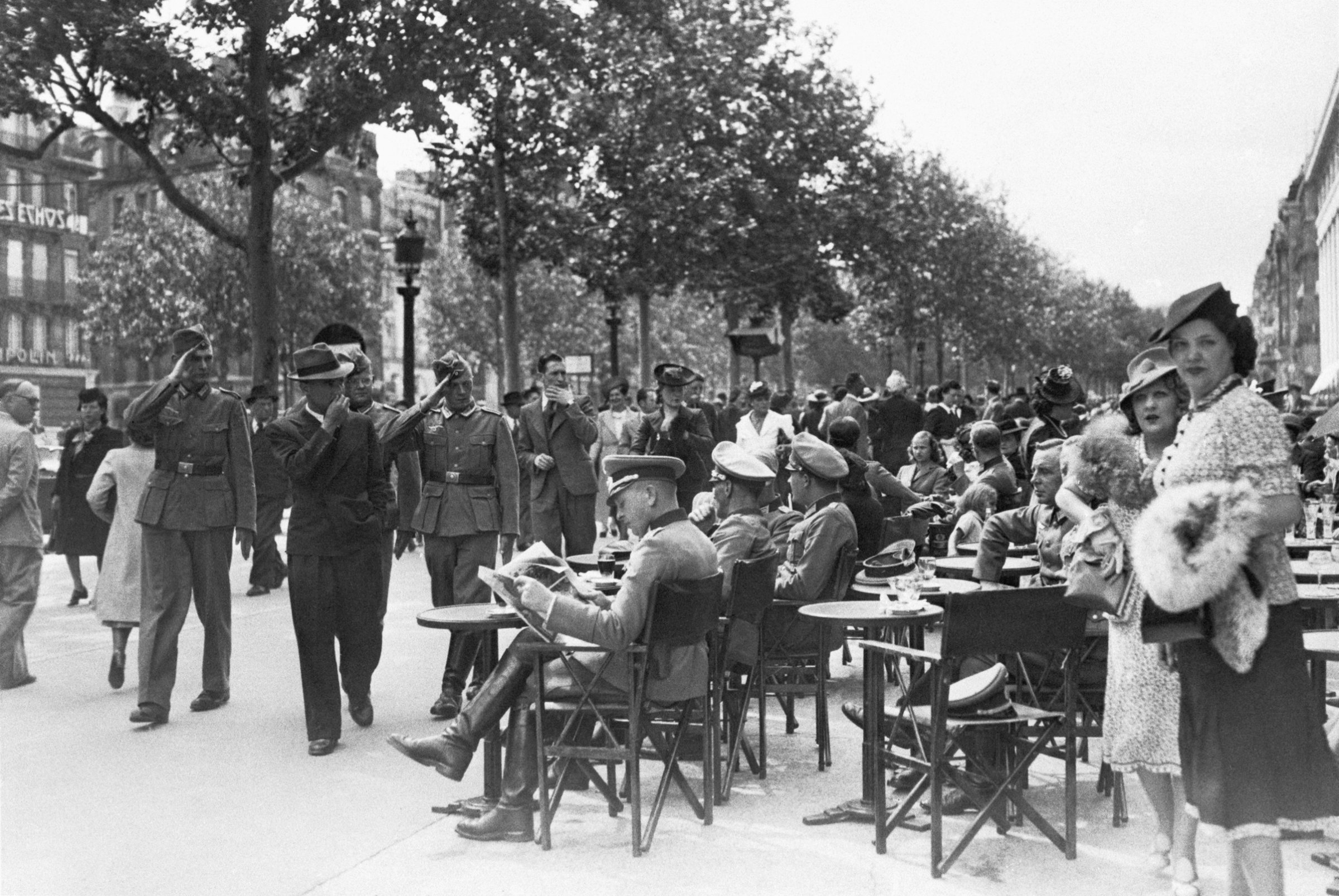
From June 1940 to January 1944, with Nazi forces occupying France, the Jewish novelist Léon Werth — an unclassifiable writer who had published books of art criticism, political essays, journalism and travel writing, in addition to 11 novels — stayed in his wife’s country home outside a small village called Saint-Amour, in the zone under the direct control of Pétain and his collaborationist government in Vichy. Werth normally lived in Paris. If he had stayed there, he might well have been one of the 50,000 Jews deported from the city and exterminated. (One of Vichy’s first decrees excluded Jews from all professions, but it was the Germans who ordered their deportation.) No one in Saint-Amour denounced Werth, although they must have known he was Jewish.
Alone in his house, with the habit of writing, no other work, and the obvious impossibility of publishing, he made entries in his diary almost every day, noting what people said, what he saw, and what he heard on the radio and read in the press, often with comments like this:
“Monsieur de Gaulle (that’s what the paper calls him) and General Catroux have been stripped of their French nationality.” So has France. (December 12, 1940.)
He followed the war the way most people did in occupied Europe: from afar, day by day, week by week, noting what he learned and could guess from the radio and the press. He was aware of that distance—the distance most of us have from terrible events in the world—and comments on it with characteristic self-irony:
The radio. Bombs, shells, bullets, cannons, planes, machine guns: Stalingrad, the Indian Ocean, the Pacific, Libya; English planes over Italy and Germany. Real men, not men made of communiqués and news flashes, kill and die. I’m alone in my room in front of the big radio. The war comes to me stripped down, cleaned up. The wounded don’t bleed. The corpses are statistical. I’m above the war like an old, tired god. (October 25, 1942.)
French historians have treasured this diary ever since it was re-published in 1992. Its first publication in 1947 went almost unnoticed, as historians weren’t much interested in diaries back then, despite Lucien Febvre’s plea in the influential historical journal Les Annales, which precedes the English edition of Werth’s diary that I translated. Febvre called Deposition “one of the most direct and precious pieces of testimony historians can find to reconstruct the development of people’s thinking in one corner of France from the nauseating time of the stagnant armistice to the great year of the liberation.” Werth’s ear for dialogue and novelist’s gift for the creation of character serve him well: we meet French peasants and shopkeepers, railroad men and the patronne of the little café at the station, schoolteachers and gendarmes. My task was to make them come alive in English as they do in Werth’s French. My privilege was to live with this free spirit day after day for almost two years.
Werth recorded daily life in Vichy France, including what people were saying, with all their contradictions, in the village, at the market, in the café at the railway station, on the farms. Another great diary of life during the Occupation, Jean Guéhenno’s Diary of the Dark Years: 1940–1944, deals with occupied Paris and cultural collaboration and resistance in the capital. Werth’s diary is different. He describes state and cultural collaboration, but also resistance of a different kind—derailments of German supply trains, for example—along with growing repression: arrests, torture, deportation, and execution by firing squad. But mostly, we see how Vichy and the Occupation affect ordinary life in the French countryside and village, the markets, the surrounding towns and nearby city (Lyon) and above all, the farms. That led to my first major decision as a translator: paysan—“farmer” or “peasant”? French farmers in the 1940s were so different from the picture evoked by the word “farmer” that “peasant” seemed more appropriate. Other choices were more general, and constant: how to render the rhythm of a sentence, how to render in English the changing tones of the French.
Werth returned to Paris in January 1944. The last section of his diary describes occupied Paris at night (the only time he could venture out) and life in the Werth’s Paris apartment where the passing “guests” are résistants on the run or British aviators hiding out until they could be smuggled out of France. The last pages are an eyewitness account of the fighting in the Latin Quarter during the insurrection that liberated the capital. Finally, in a lyrical close to this otherwise precise, factual diary, we witness Charles de Gaulle’s triumphal walk down the free Champs-Élysées on Aug. 26, 1944.
LIFE at the Liberation of Paris: A Photographer’s Story
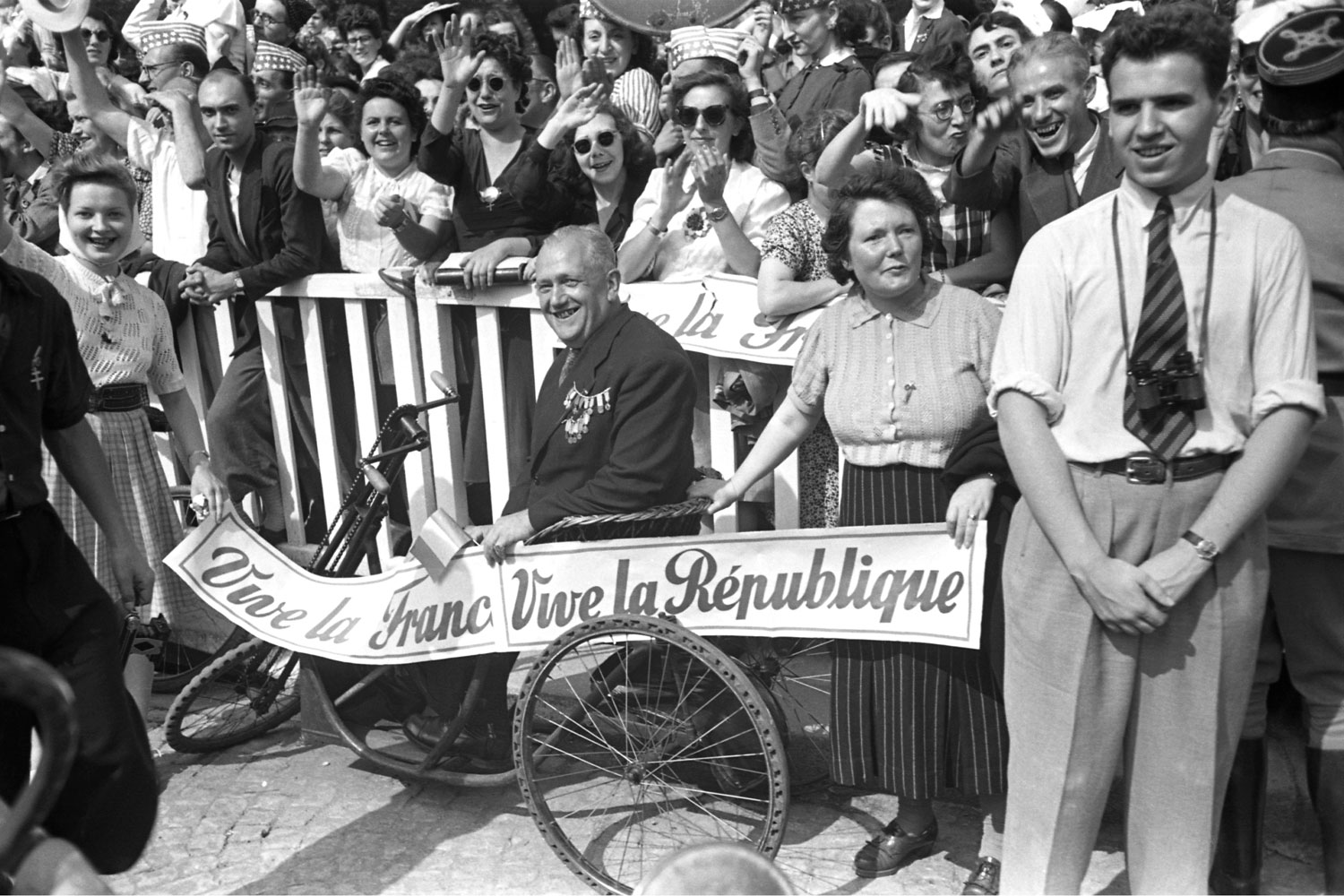
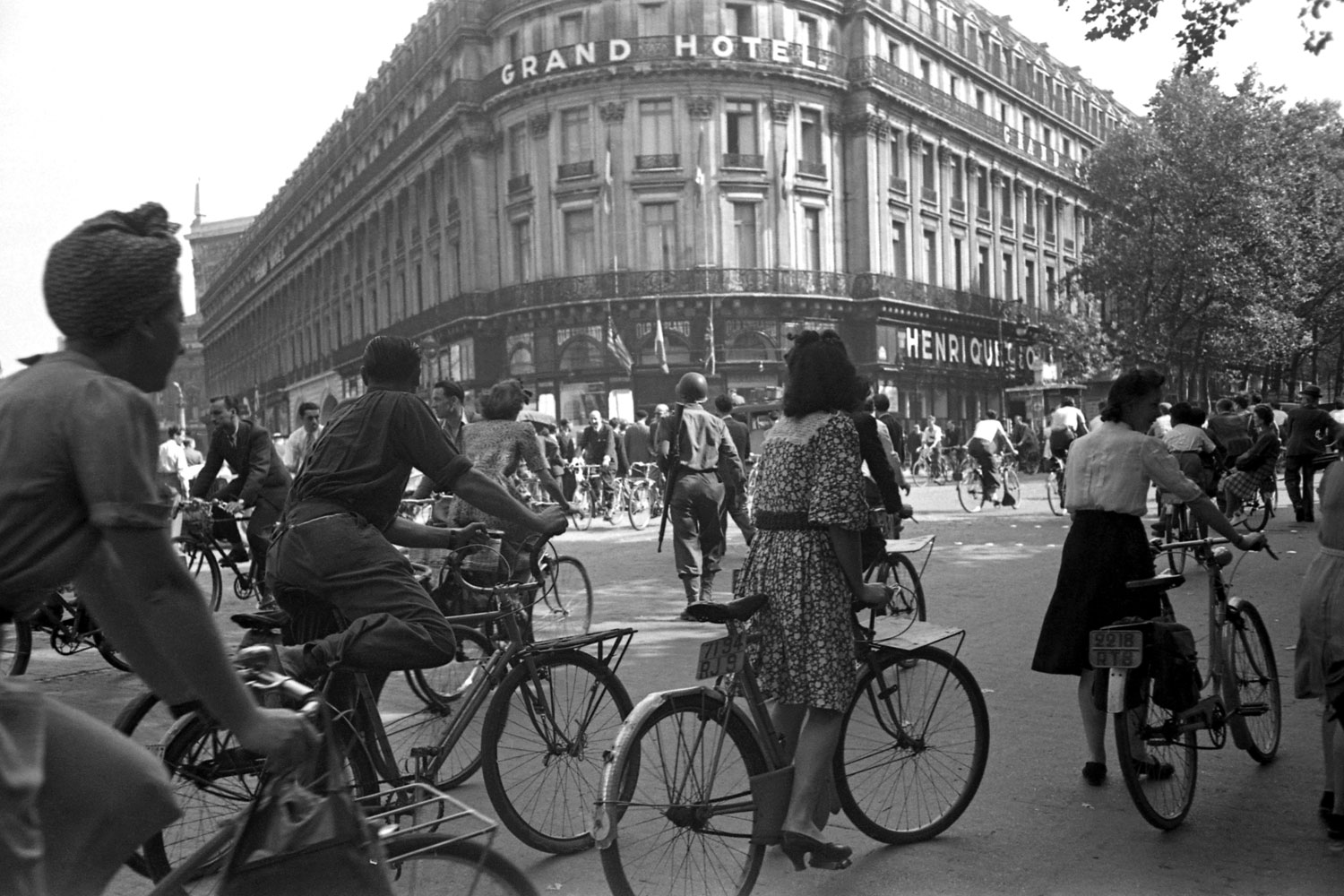
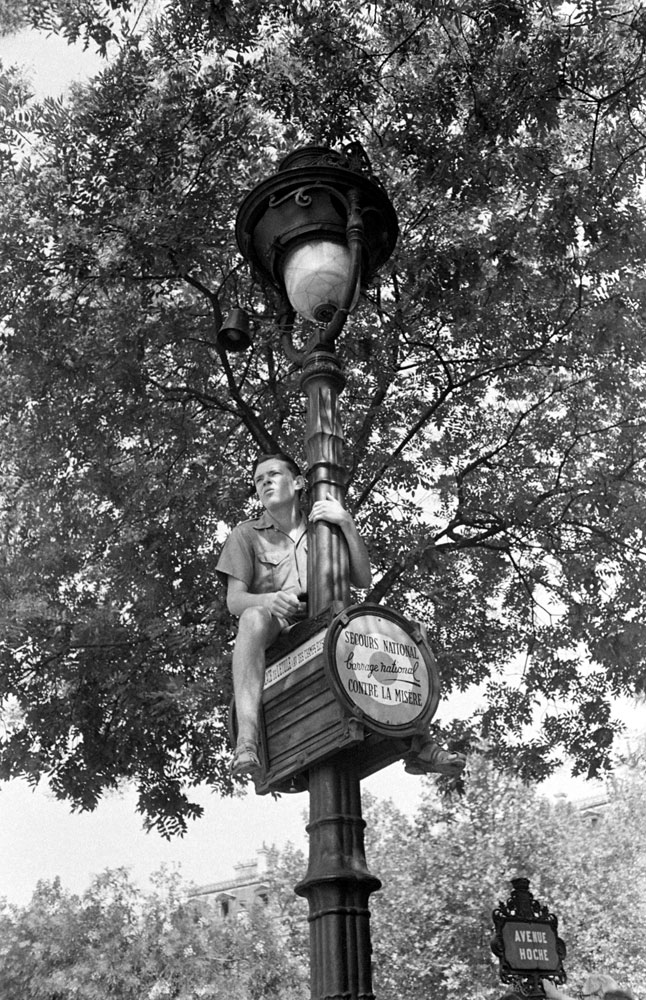
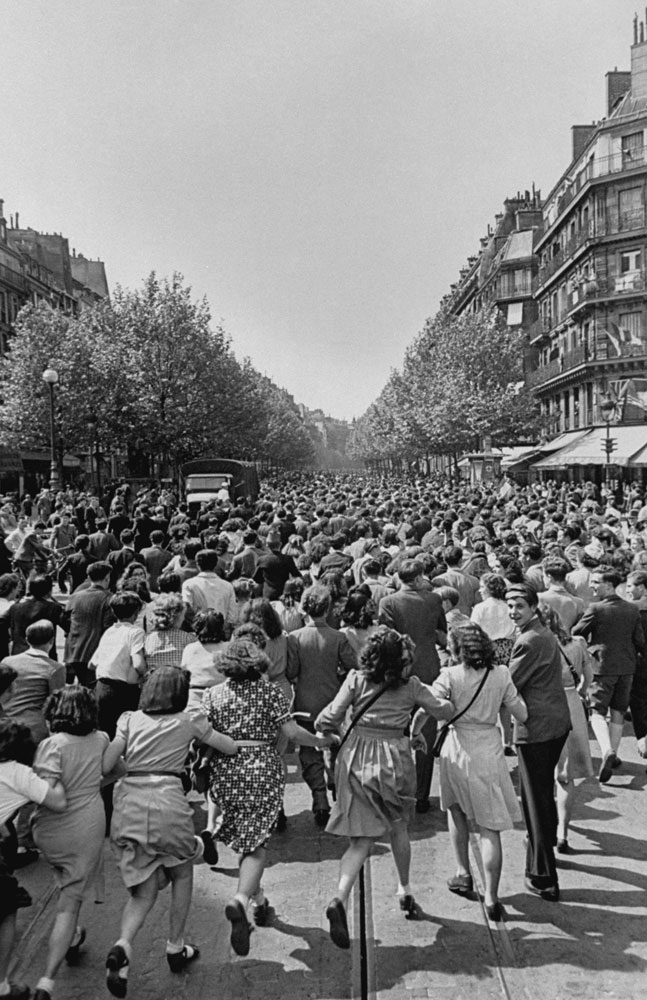
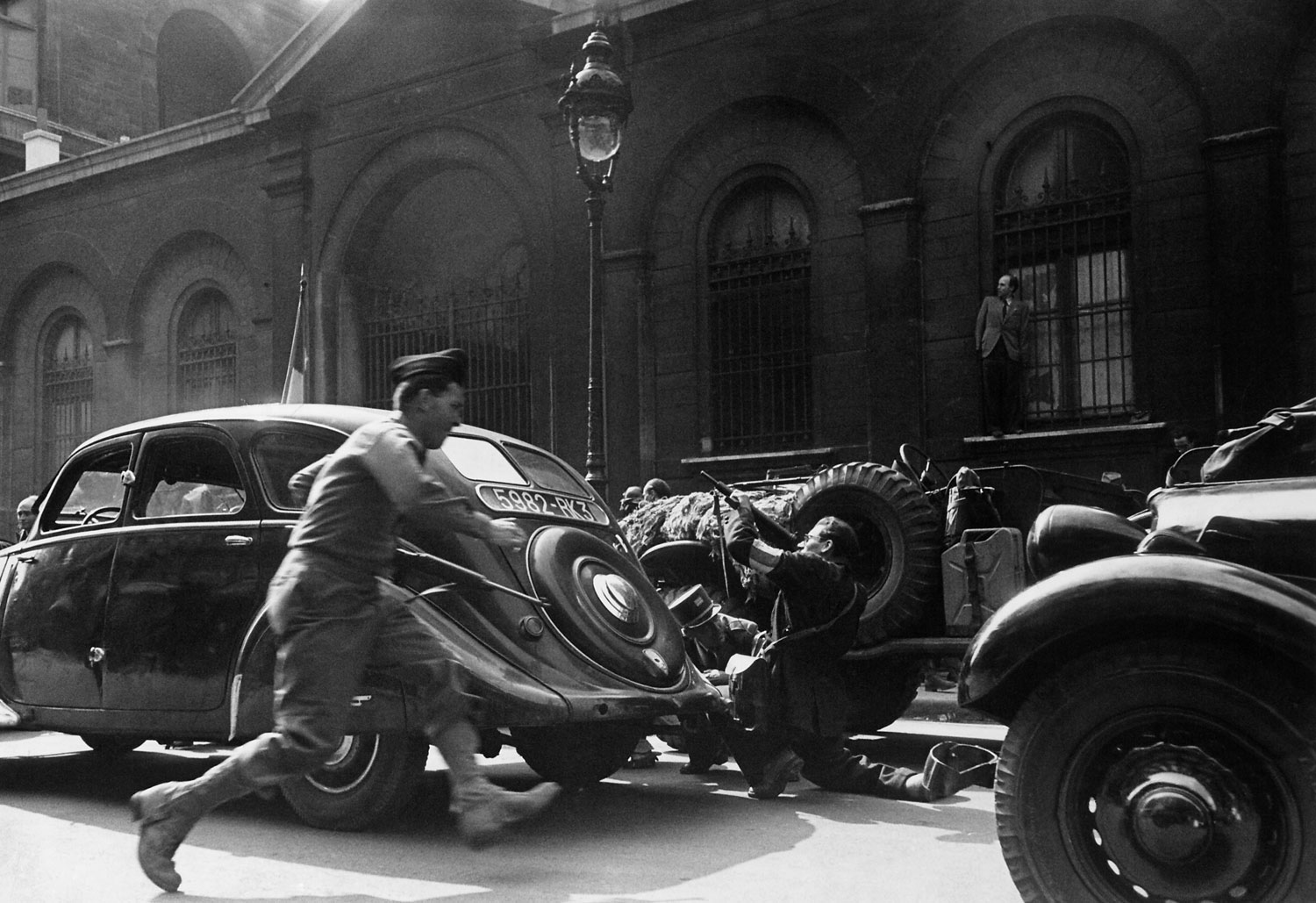
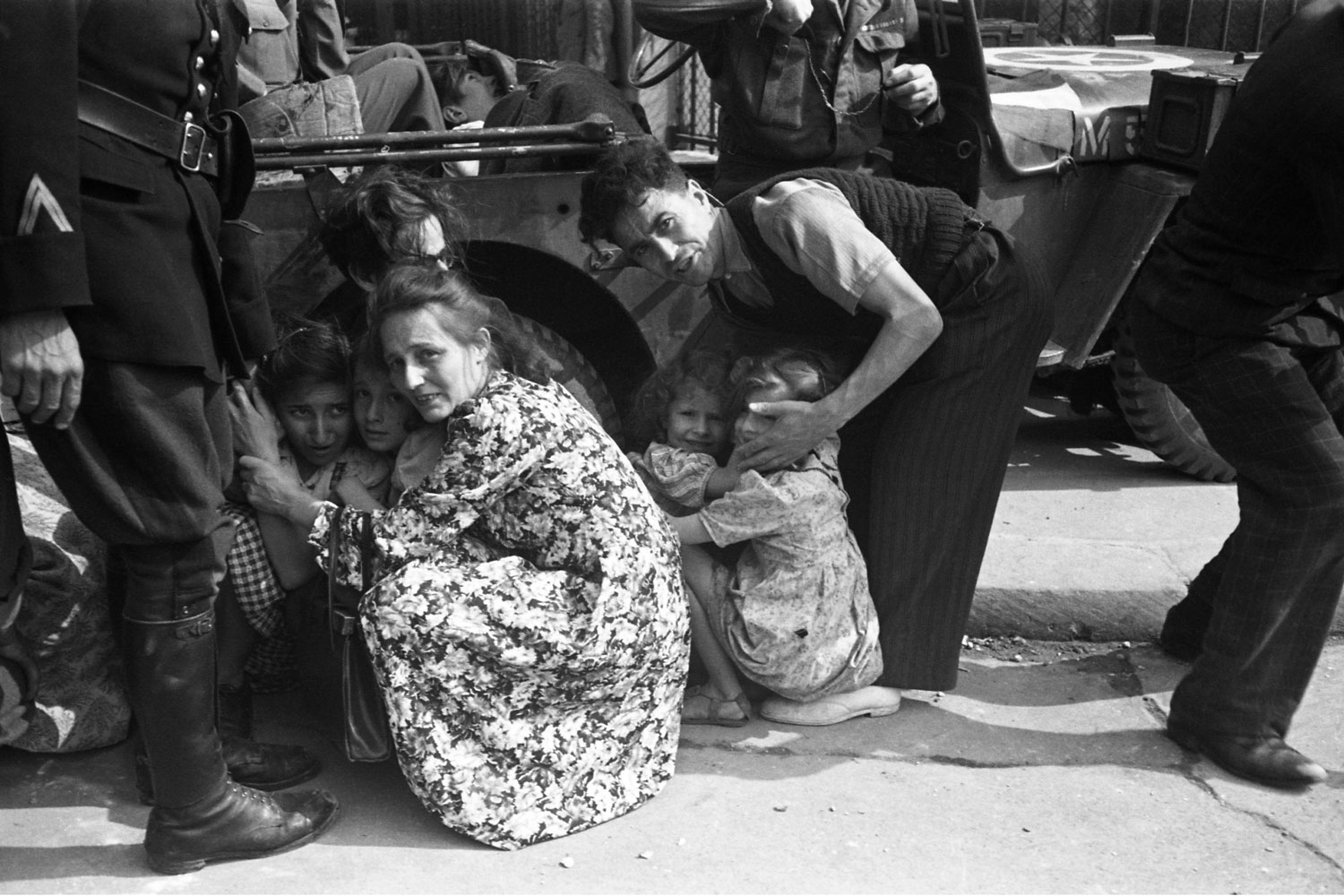
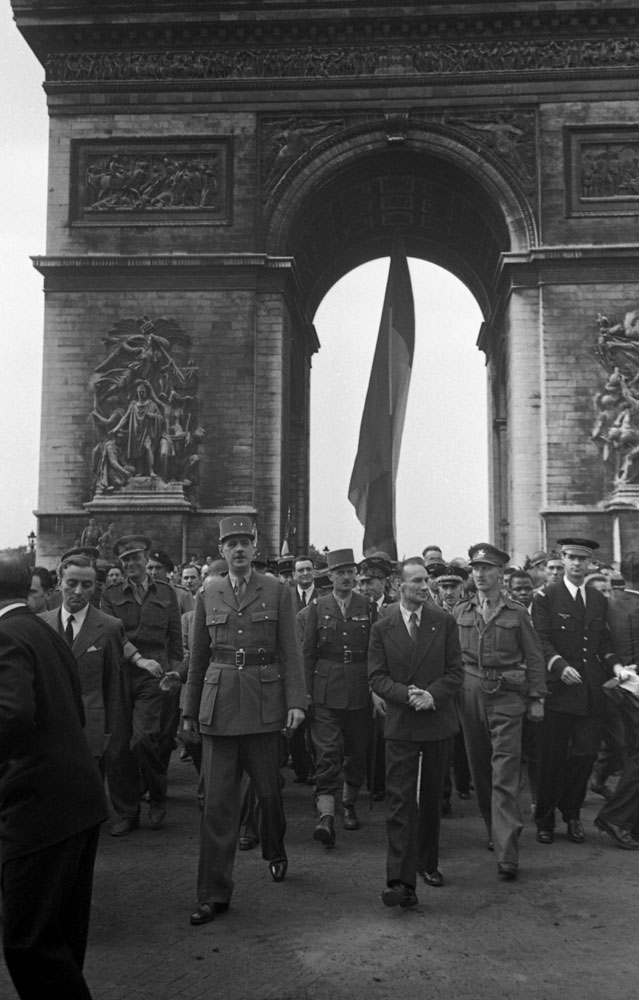
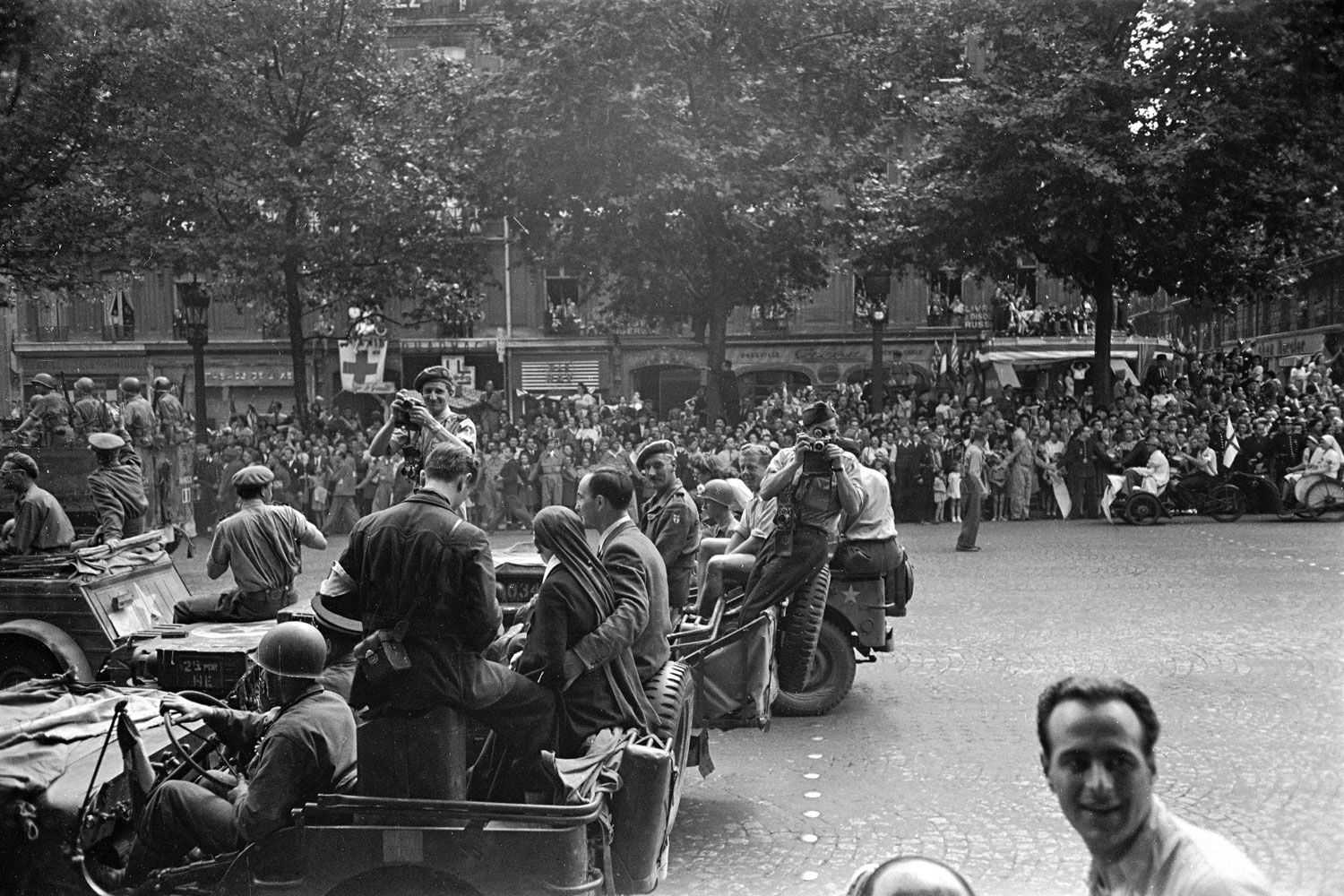

Characteristically, one day earlier Werth had noted the troubling sight of women with shaved heads accused of “horizontal collaboration” and even, just before “tears of deliverance” come into his eyes, his pity for German prisoners “with their hands clasped over the nape of their necks in the posture of the damned. One of them, barely in his teens, has let his head fall on his neighbor’s chest. He’s sleeping.” He is full of joy at the victory, he’s glad these soldiers are now prisoners, “But the humiliation of those men makes me suffer. It is necessary, it is even justice itself. I approve of it, it satisfies me, it soothes me and I cannot rejoice at it.” Werth’s self-portrait has all the complexity historians have applauded in his portraits of others.
It is this complexity that underscores why diaries are so important to the study of history. Whereas studies of the past and even memoirs often present a smoothed-out picture, influenced by the passage of time and added reflections, diaries capture the complexity of real life. For example, Werth writes that a neighboring peasant, Laurent, believes that the people behind a Vichy decree about raising livestock must think the farmers are “dumber than the animals” but also believes that Marshal Pétain, the autocratic Head of the French State who was ultimately responsible for all such decrees, was doing the best he could for France. Dislike and contempt for the Vichy government and respect for its leader was a typical attitude at the time, and the diary captures that contradiction.
Many entries record what was happening in the war. Paradoxically, an added pleasure in reading some of these entries today is to follow the progress of the war step by step, not as a historian but a contemporary. Unlike Werth as he wrote his diary, we know the story has a happy ending.
David Ball’s translation of Jean Guéhenno’s Diary of the Dark Years won the 2014 French-American/Florence Gould Foundation’s translation award in non-fiction. His translation of Deposition 1940-1944: A Secret Diary of Life in Vichy France is available now.
More Must-Reads from TIME
- Why Trump’s Message Worked on Latino Men
- What Trump’s Win Could Mean for Housing
- The 100 Must-Read Books of 2024
- Sleep Doctors Share the 1 Tip That’s Changed Their Lives
- Column: Let’s Bring Back Romance
- What It’s Like to Have Long COVID As a Kid
- FX’s Say Nothing Is the Must-Watch Political Thriller of 2024
- Merle Bombardieri Is Helping People Make the Baby Decision
Contact us at letters@time.com